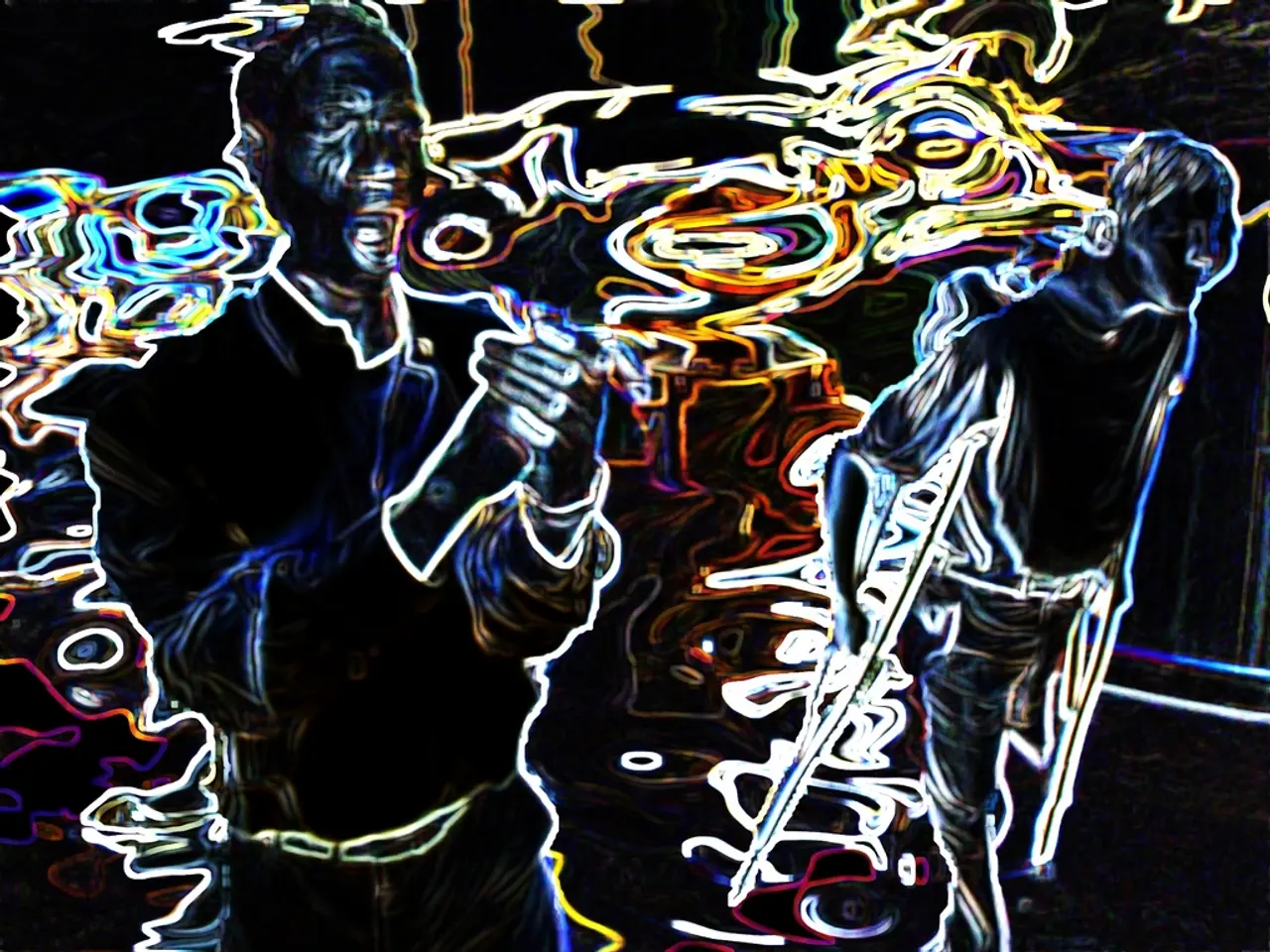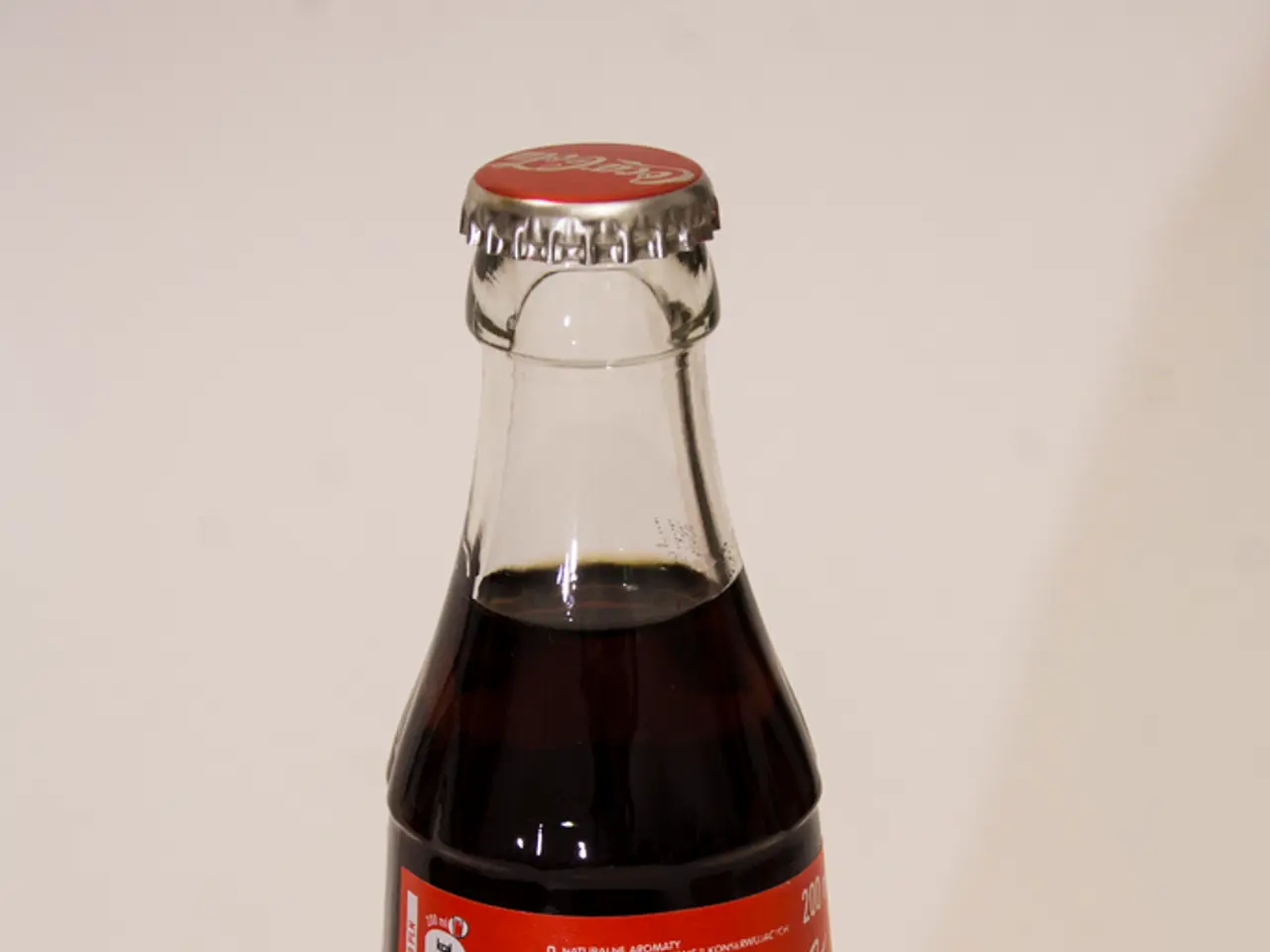Psychology Experts Showcase an Optical Trick Affecting Our Sense of Temporal Sequence
In a series of six online experiments, psychologists Brynn E. Sherman and Sami Yousif from Ohio State University and the Department of Psychology and Neuroscience respectively, have demonstrated a psychological illusion that distorts how people remember when something happened, causing a mistaken belief that repeated experiences occurred longer ago than they did. This phenomenon, known as the "temporal repetition effect," challenges the traditional view that vivid memories are associated with more recent events.
The study, published in the journal Memory, aimed to explore the impact of repetition on our memory of time. In the first experiment, participants consistently identified repeated objects as having occurred earlier than non-repeating objects. The more often an image was repeated, the stronger the time distortion became. This illusion could occur due to repetition acting like a "reminder" which reinforces the memory of its first appearance.
The second experiment aimed to establish whether the temporal distortions seen in the first experiment were due to an "event boundary," but the results were the same even when objects appeared in a continuous sequence. The third experiment focused on whether attention would make a difference, but participants still reported repeated objects as occurring earlier than they did, even when they were explicitly told they would be asked to judge when images appeared for the first time.
In the fourth experiment, participants were asked to indicate whether they had seen an image before during the viewing phase, but the same phenomenon occurred: the more times they saw an image, the more likely they were to say it first appeared earlier in the sequence. The fifth experiment tested the temporal repetition effect on a scale of days, not just minutes. Participants were only shown two images - one repeating and one that did not - and asked to identify which appeared first. The participants consistently identified the repeating image as being first.
The final experiment involved participants viewing streams of images on five consecutive days. Three days later, participants were asked to place the items on a timeline, similar to the approach of the first experiment. The results showed that the temporal illusion is a feature of longer-term memory as well as short-term recall.
Despite the temporal repetition effect, repetition remains a powerful tool for memory reinforcement. Repetition, especially when spaced over time, helps solidify information in long-term memory, making it easier to recall later. This is known as the "spacing effect," which enhances learning efficiency and reduces the time spent relearning material. By reviewing material at increasingly longer intervals (spaced repetition), learners can optimize their study time and improve retention of complex information.
In conclusion, while repetition generally enhances memory, it can create an illusion that repeated events occurred further in the past. However, it remains a crucial strategy for long-term retention and learning efficiency. The study demonstrates that our temporal perception of the past is just as important in our everyday lives as our perception of the present.
- Psychologists have demonstrated that the 'temporal repetition effect' also influences 'long-term memory', as shown in the final experiment where participants placed items on a timeline three days later.
- In neuroscience, the 'spacing effect' is a well-known phenomenon that suggests repetition, when spread over time, aids in the 'solidification' of information in long-term memory.
- The 'temporal repetition effect' was observed not only in experiments focusing on short timeframes, but also in the fifth experiment where participants were tested on a scale of days.
- The study in health-and-wellness and mental-health fields highlighted the importance of understanding the 'distortions' in our memory of time, as they can impact how we perceive the sequence of events, even during a 'pandemic', such as a series of repeated experiences appearing to have happened longer ago than they did.




